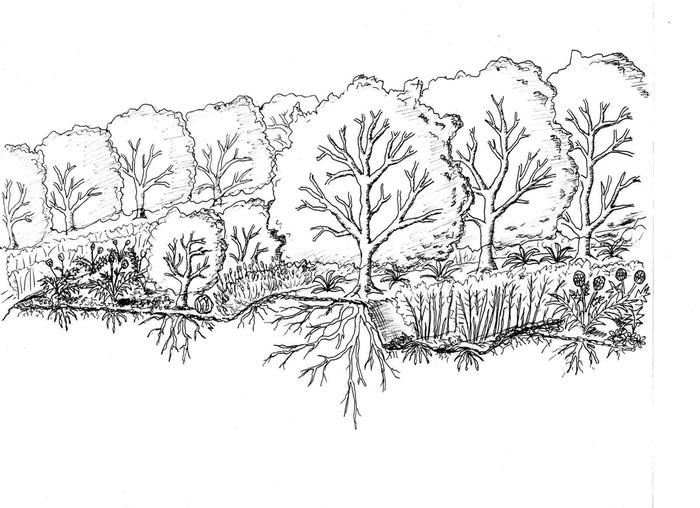Angelika Maier wrote:I know a lot of people who spend a lot of money buying seedlings and quite some of them buy at the hardware store or a nursery. Of course, none of them are organic. I wonder how much chemical residues are in these seedlings at harvest time especially with fast-growing plants like basil or lettuce? How is seedling production regulated? And how do these seedlings perform in the garden? My guess is that they are grown very fast. What fertilizers does the industry use?
Just wondering, I myself never buy any seedlings it's just interesting to know. Buying seedlings is imo a waste of money.
In my experience these seedling perform just fine. Most greenhouses would not use any herbicides and typically no pesticides. They would frequently add an inorganic water soluble fertilizer, most often a 20-20-20, to the water to make the plants grow greener and look healthier.
As far a I am aware there is very little regulation regulation on greenhouses. These businesses rely on minimizing input costs, and chemicals are expensive. Nursuries also rely on a good reputation. Hardware stores rely on convenience to make sales, their plants might not be as healthy.
I would think that when a plant is bought as a seedling and raised in an organic garden it would have undectectable levels of remaining chemicals. I would be more concerned with the general environmental damage done by the plastic plant trays, mined perlite and whatever other materials the nursery has sourced. Starting your own seedlings can be done in reusable containers, and a growing medium from a known source.
As for the practicality if buying seedlings it is mostly a question of the availability of time and the number of plants that are being bought. If a person works long hours and only grows a small garden for fresh produce only in the summer. It might make more sense to buy a few seedlings than to start their own. I suspect that the majority of people who use this site do not fit into that category.







